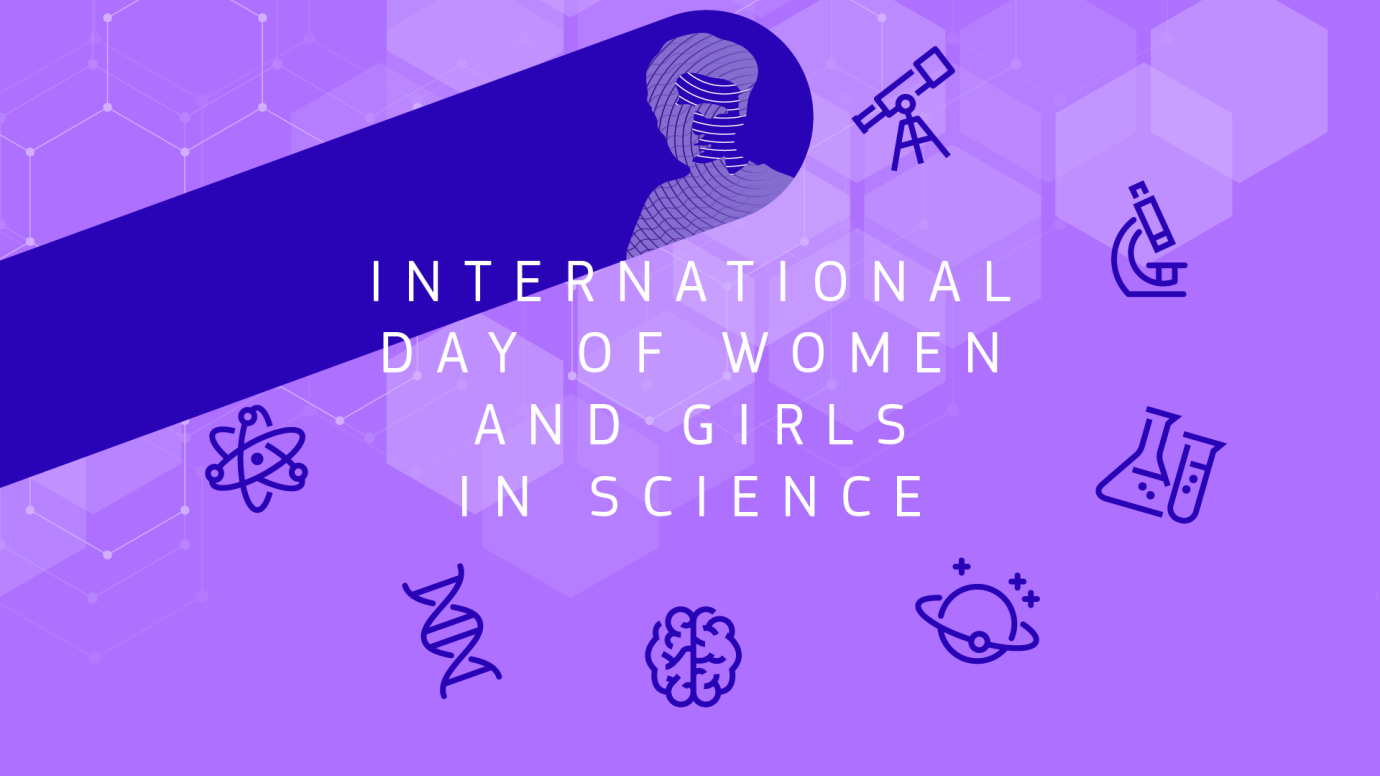Celebrating the International Day of Women & Girls in Science 2023
The Marie Skłodowska-Curie Actions have a vital role in supporting Europe’s progress towards gender equality in research and innovation. On the International Day of Women and Girls in Science, we spoke to three MSCA fellows about women leadership and empowerment in science.

Making progress on gender equality
Gender equality is a cornerstone of the European Commission’s agenda and a core European value. Achieving gender equality and diversity benefits society, the economy and the research and innovation performance, but above all it is a matter of justice.
The EU has made progress over the past decades: nowadays women represent 48% of all its PhD graduates. Despite a steady improvement, women are still under-represented in higher academic and decision-making positions, occupying only 26% of top academic positions.
See also: Publication on EU support to strengthen gender equality in STEM
There are also strong gender disparities in certain study and research fields, which has an impact on Europe’s potential and the need for specialists in science, technology, engineering, arts and mathematics (STEAM).
Horizon Europe, the EU’s programme for research and innovation, promotes the creation of gender-equal working environments and the integration of the gender dimension into all research and innovation content.
Supporting women through the MSCA
The Marie Skłodowska-Curie Actions have a vital role in supporting Europe’s progress towards gender equality in research and innovation.
With female researchers making up 42% of the programme, the MSCA show remarkable results in supporting women in research and contribute to achieving full and equal access of women and girls to science.
The programme supports researchers of all nationalities, in all research areas, at any stage of their careers to take part in excellent research projects.
The MSCA address the gender pay gap by providing an equal pay for all fellows, and include work-life balance provisions that encourage in particular women to apply.
In addition, gender and equal training and career development opportunities are a key aspects when selecting the research teams and doctoral and postdoctoral programmes that will recruit and train the innovators and research leaders of tomorrow.
Promoting role models and celebrating talent
MSCA supervisors, coordinators and fellows are strong role models for girls and inspire women all over the world to opt for a research career in STEAM.
Through science engagement initiatives such as the European Researchers’ Night and Researchers at Schools, the MSCA foster the exchange between researchers and pupils and stimulate the interest of children, youngsters and in particular girls and women in STEAM topics.
Today, on the International Day of Women and Girls in Science 2023, the MSCA celebrate the talent and diversity of its researchers, innovators, trailblazers, creators, and visionaries.
Read the interviews below with MSCA fellows embarking on exciting research.
Last updated:


